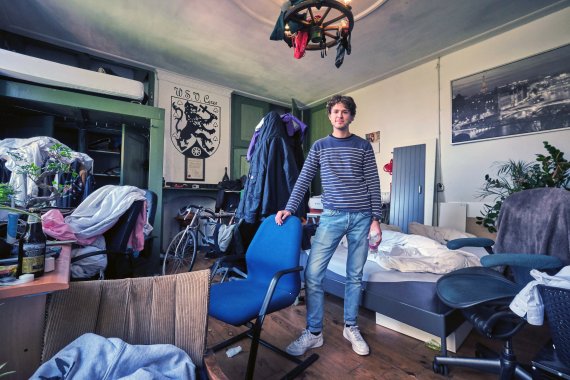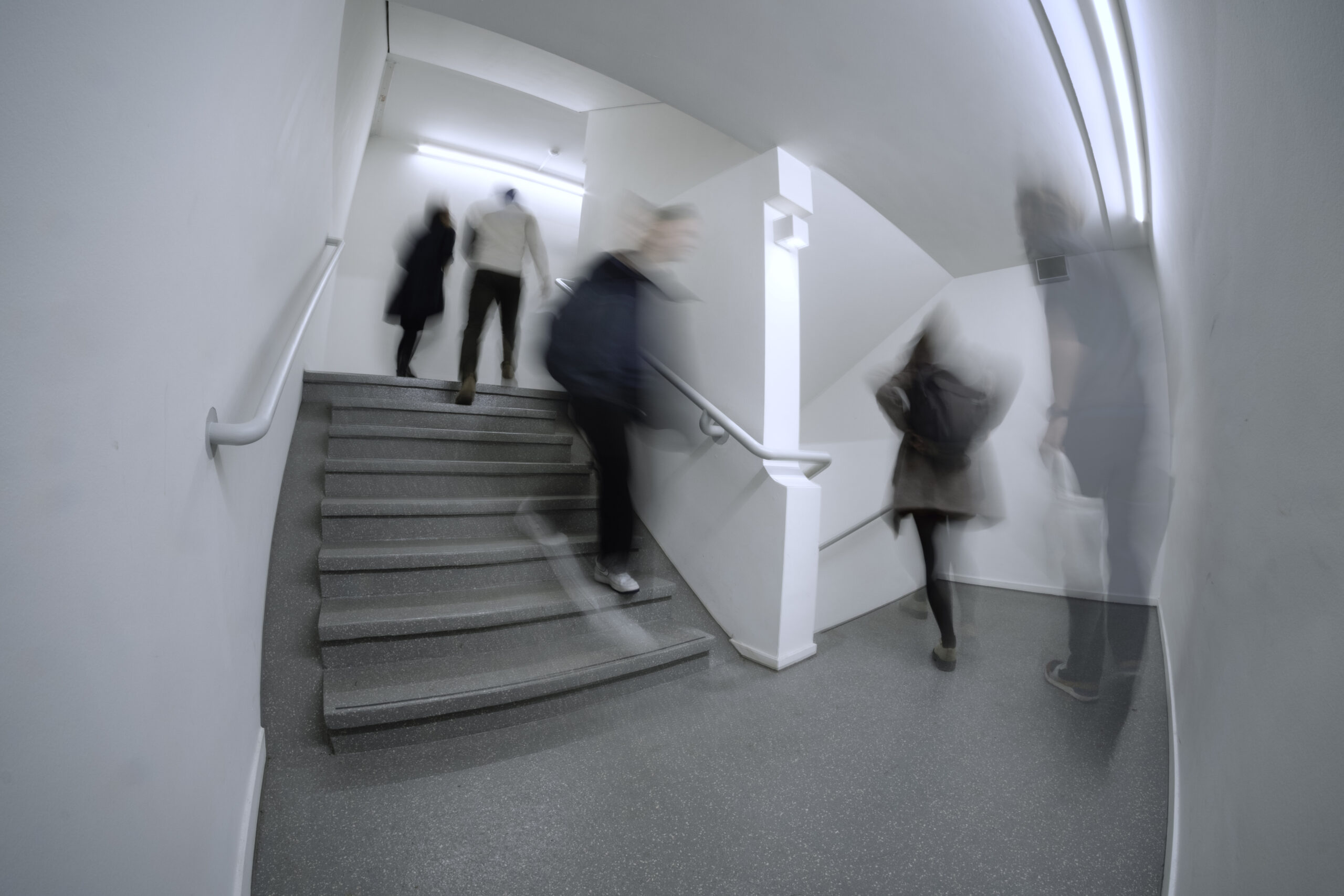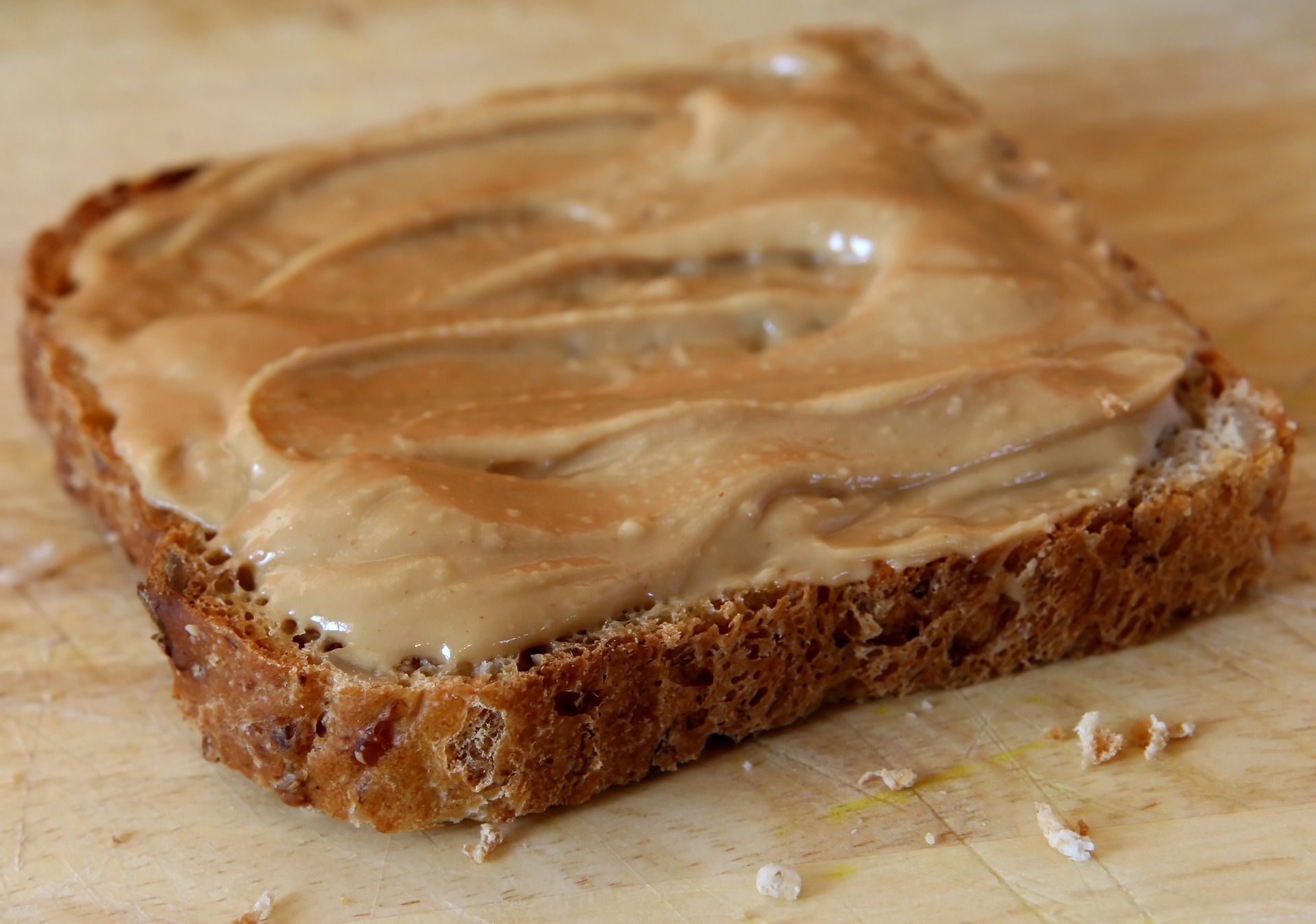‘Your kidneys filter waste products out of your blood, and then you pee them out. Kidneys that are in perfect condition can filter a hundred millilitres of blood a minute, but kidneys generally filter less efficiently. Even if your kidneys are only functioning at 50 per cent you’re unlikely to notice. You’ll only start to feel things when they’re functioning at about 30 per cent and waste products remain in your blood for longer. You’ll have much less energy and start to wake up feeling nauseous.’
Alport syndrome
Pepijn Heerkens Thijssen (22) is doing a master’s in Management, Economics and Consumer Studies. His in-depth knowledge of the kidneys comes from his visits to the doctor. When he was ten, he and his brother found out that they have Alport syndrome, a rare hereditary disease that causes kidney failure, hearing problems and sight loss in young men. ‘I have a hearing aid and contact lenses, but until recently we had no problems with our kidneys. ’
So Heerkens Thijssen did what many young people do. He came to Wageningen, joined Ceres student society and embraced student life to the full. He breezed through his bachelor’s course in Business and Consumer Studies, topping it off with an exchange in Melbourne in his final year. ‘It sounds brattish, but it was the only continent I hadn’t been to. And I thought that if I did my exchange in Europe everyone would come and visit me, and I really wanted to have an adventure on my own, so I went to the other side of the world.’
Surfing and skateboarding
Heerkens Thijssen felt very much at home ‘down under’. ‘I did my minor there, went on a couple of wonderful trips, did a lot of surfing, and took up skateboarding. Melbourne is a big city, but it’s easy to find your way around and I quickly felt at home there.’
While in Australia, Heerkens Thijssen went to hospital twice to get his blood checked. ‘At the second appointment it became clear that my kidneys were deteriorating fast. That was in June. So when I got back to the Netherlands I had a blood test immediately. The results showed my kidney function was really low, so I started to look for a donor. At the moment my kidneys are functioning at 12 per cent.’
That sounds serious.
‘It is. Fortunately we’ve found someone who is willing to donate a kidney, but it takes four months to check whether the kidney is completely compatible. Given the speed at which my kidneys are declining, I’ll probably have to have dialysis while I’m waiting. That means going to hospital every other day and being hooked up to a machine to clean your blood. And that’s such a drag. There’s also a chance that my donor’s kidney won’t be compatible, in which case we’ll have to look further.’
What are you doing about that?
‘My family and I are looking for a back-up donor. Apart from that I’m trying to enjoy myself as much as possible while I can, because I know I won’t be able to do much once I have to start dialysis and have the transplant. Going to techno parties at the Amsterdam Dance Event with housemates. Skateboarding. And my main thing in life: going to the pub, though of course I drink much less than the rest. I am allowed to drink in moderation, as long as I take phosphate binders.’
What does it feel like to have kidney failure?
‘For the past few months I wake up feeling like I have a hangover. I also get tired more quickly and I’m on medication. I’ve had to give up sports in the last two months and I’m finding it harder to concentrate when I’m at the uni. Besides the physical discomforts, having kidney failure also means that I’m no longer able to do things I’d like to. I’d really like to organize the AID for Ceres, but I’d have to be able to work full time on that around the time when I’ll probably be having the kidney transplant. These are all irritations.’
For the past few months I wake up feeling like I have a hangover
How do those around you deal with the situation?
‘I usually keep quiet about the fact that I have a rare kidney disease. People probably mean well, but I really don’t need sympathy from everyone. It occupies enough of my time anyway, so I’d rather not be reminded of it in my free time too. The reason I decided to give an interview now is because I’m looking for a back-up donor and I hope that the publicity will help.’
Where will you be in five years’ time?
‘Good question. I’d like to work for a big company later on, in the field of logistics. My thesis was about improving the efficiency of parcel delivery. If people provide two delivery addresses instead of one, for example their place of work from nine to five, and their home address for six to nine in the evening, parcel delivery could be made 25 per cent more efficient. I like it if you can see when something’s working well or not. There’s always room for improvement. But all in good time: first I need to get myself better.’

 Pepijn Heerkens Thijssen in his student house. ‘I’m trying to enjoy myself as much as possible while I can, because I know that soon I won’t be able to do much for a while.’ Photo: Guy Ackermans
Pepijn Heerkens Thijssen in his student house. ‘I’m trying to enjoy myself as much as possible while I can, because I know that soon I won’t be able to do much for a while.’ Photo: Guy Ackermans 

